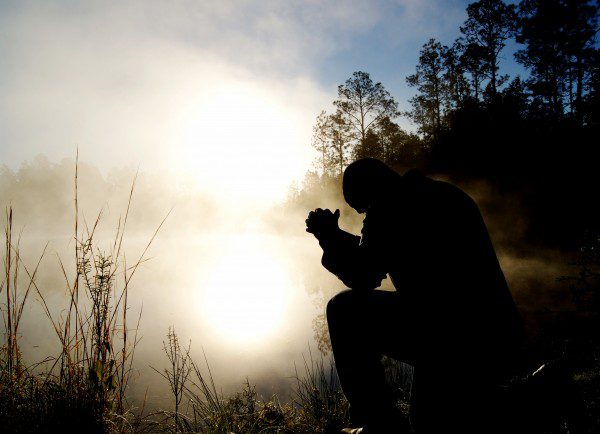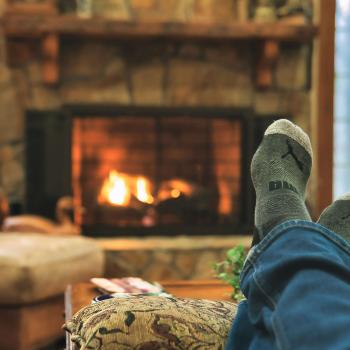Each morning, I say the prayer of gratitude. Along with my early morning run, it’s one of the most important things I do all day. I give thanks for all the good things in my life—my family, my health, my home, the new day, and whatever new person or event that has come into my life.
But there’s another prayer I’ve recently added to the mix and I think it’s equally important. In the title I’ve referred to it as the Prayer for Nothing but it’s really the Prayer for the Best Possible Outcome. Here’s the thinking behind it:
We do not have crystal balls and cannot see the future. Yet, we often pray for things. We pray that we’ll get that new job or promotion, we pray that we’ll get that new home or maybe that a new relationship will blossom. But what we don’t know is if that thing we pray for will really make our lives better.
Will the new job end up requiring late nights and weekends that costs us precious family time? Will the new home come with issues that we didn’t notice at first glance? Will the new significant other keep us from connecting with the person we really should be with?
What I’m proposing is that we instead pray for the best possible outcome. That means not praying for anything specific to happen, only for what is best for us and our lives. This takes the decision making out of our hands and puts it in the hands of a higher power.
This follows the lead of the great American spiritual philosopher Ralph Waldo Emerson. He believed there was a subtle order of divinity that lay behind our everyday world and that it served us a source of knowledge and power. Through prayer, we tap into this source and can receive the guidance we need in life. According to Emerson:
A little consideration of what takes place around us every day would show us that a higher power than that of our will regulates events; that our painful labors are unnecessary and fruitless; that only in our easy, simple, spontaneous action are we strong.
The early 20th Century “New Thought” philosopher Ralph Waldo Trine, writing about 50 years after Emerson, has similar advice. That if we allow the “Divine Power” to work through us, we will be directed to the best possible outcomes. In his words:
Know that the ever-conscious realization of the essential oneness of each life with the Divine Life is the highest of all knowledge, and that to open ourselves as opportune channels for the Divine Power to work in and through us is the open door to the highest attainment, and to the best there is in life.
For more on prayer, please see my story “Three prayers that can help you daily, starting today.” Or to read about Ralph Waldo Emerson’s take on how we can receive answers to our prayers, see: “You already know how to talk to God. Here’s how to listen.”

















